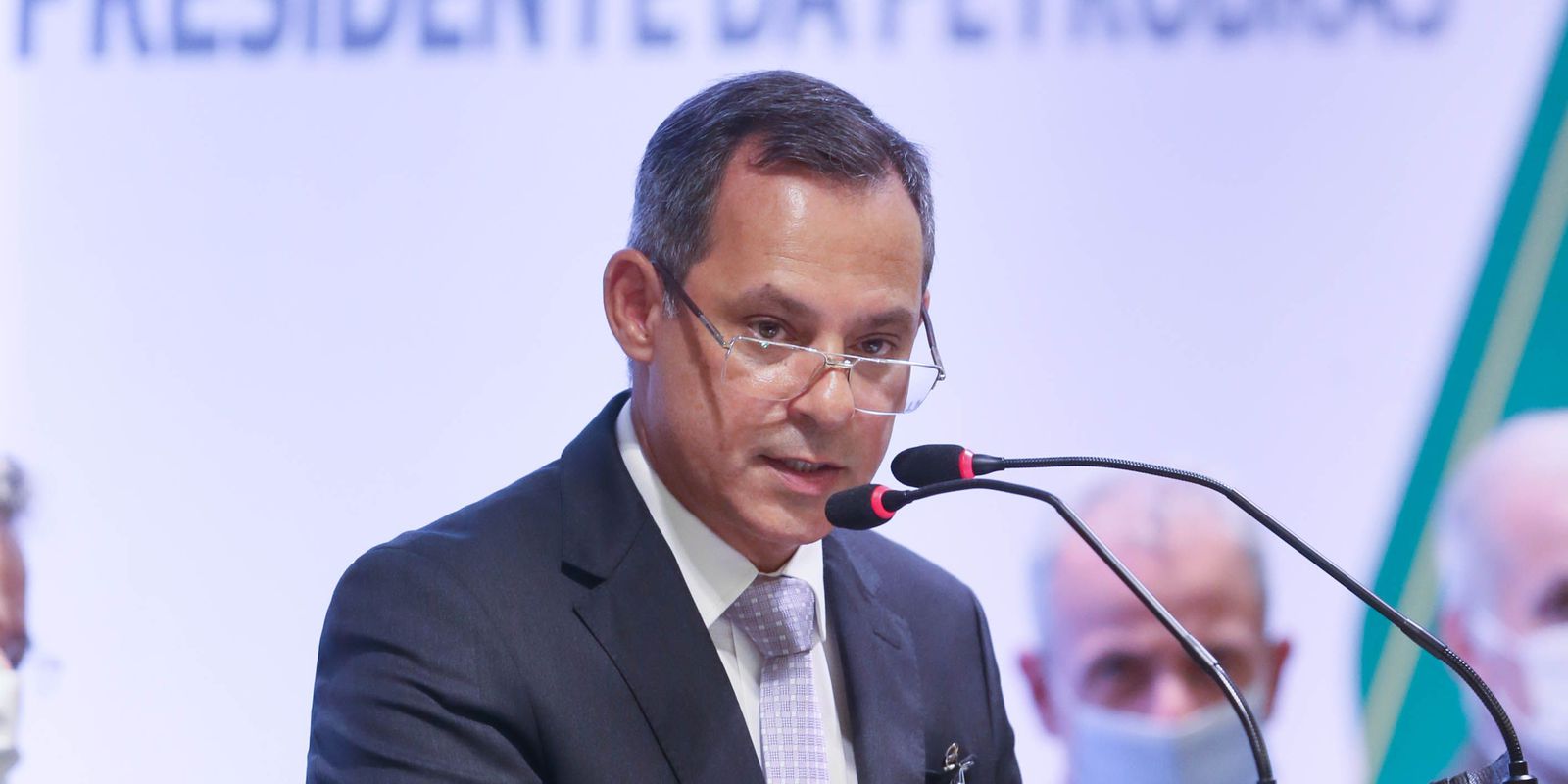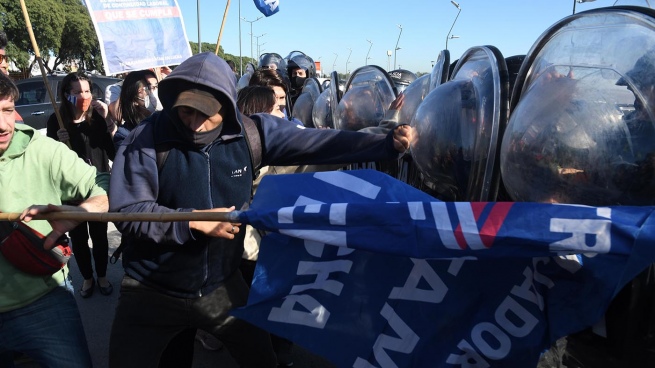The president-elect of Petrobras, José Mauro Ferreira Coelho, took office today (14) in the afternoon, in a ceremony closed to the press, at the company’s headquarters, in Rio de Janeiro. During the event, broadcast online, he spoke about the importance of fuel market pricing.
“The practice of market prices is a necessary condition for creating a competitive business environment to attract investments, attract new economic agents in the sector, expand the country’s infrastructure and guarantee supply. Such a scenario leads to increased competition, with benefits for the consumer.”
According to him, thanks to the state-owned company’s new management model, Petrobras went from a gross debt of US$ 160 billion, in 2014, to less than R$ 60 billion. This debt reduction makes room for greater investments. In 2021, US$ 8.8 billion was invested. Petrobras is currently the largest producer of oil and natural gas in Brazil, with production of around 2.1 million barrels of oil per day, or 72% of national production, and accounts for the gross production of natural gas of 98 million cubic meters per day (73% of Brazilian production).
Coelho pointed out that Brazil is currently the seventh largest oil producer in the world and is expected to reach fifth position by 2030, with production of 5.2 million barrels/day. “Certainly, Petrobras will have a very important participation in this production”.
For the next five years, Petrobras is expected to increase its production by 500,000 barrels of oil equivalent per day, with the implementation of 15 new production systems, of which 12 are already contracted. “This production would not be possible if it were not for the competence acquired by the company in the exploration and production of oil in deep and ultra-deep waters”.
For the new president of the state-owned company, the increase in production would also not be possible if it were not for the management model adopted in 2017, which allowed investments in exploration and production, especially in the pre-salt region.
The increase in oil and natural gas production led to increased revenue for the Union, state and municipal governments. Last year alone, between taxes and government participation, R$ 203 billion were collected.
José Mauro Ferreira Coelho recalled, however, that, although Brazil is self-sufficient and even an exporter of oil (crude oil), it continues to be an importer of various fuels, including cooking gas, aviation kerosene, gasoline, diesel. “This imposes great challenges on market agents and on the federal government to guarantee supply”.
Future
For the future, Coelho intends to work with adherence to the company’s strategic plan 2022/2026, maximizing the value of the portfolio, focusing on assets in deep and ultra-deep waters and prioritizing investments in exploration and production in the pre-salt province. Divestments in mature fields on land and offshore will continue, so that “companies with adequate size and experience in this type of assets can continue production, extending the useful life of the fields and increasing their recovery factor” .
The new president of Petrobras was keen to point out that even with the divestments in oil and natural gas production assets, the Campos Basin remains strategic for Petrobras. The company intends to incorporate reserves in line with its vision of the future, whether exploring areas that have already been discovered, such as areas in new frontiers, such as the equatorial margin and the Sergipe/Alagoas basin, in deep waters.
To continue the process of competition and supply, Petrobras remains committed to the divestments of the oil refining sector. Coelho said that the company will work on its refineries to increase energy, operational and environmental efficiency and safety, in order to position it among the largest refiners in the world.
“This way, we will obtain better quality products, such as, for example, the total replacement, by 2026, of the S-500 diesel, with higher sulfur content, more polluting, by the S-10 diesel, with less emissions. We also remain committed to opening up the natural gas market”.
The energy transition was also mentioned by the new head of Petrobras, which intends to neutralize emissions from activities under its control, with the mitigation of climate change and better use of water resources, better management of waste and preservation of biodiversity.
Challenges
The Minister of Mines and Energy, Bento Albuquerque, present at the ceremony, said that José Mauro Coelho takes office in a global scenario of many challenges, marked by the effort to recover the world economy, after the covid-19 pandemic, by the ongoing process. energy transition to a low-carbon economy and the effects of the war between Russia and Ukraine that resulted in the biggest energy crisis in the last 50 years. “The oil and gas sector is involved in all these issues”.
The minister highlighted important results presented by Petrobras, including the fact that the company has positioned itself among the largest publicly traded companies in Latin America, with a market value of around US$ 100 billion and 850,000 shareholders. Investments in exploration and production total, until 2026, US$ 57.3 billion. “These are impressive numbers that reveal the greatness of a company that is directly associated with the greatness of Brazil”.
According to the minister, Petrobras’ divestment projects have helped the company reduce its debt and be able to invest in businesses with greater financial returns. The expected consequence will be the modernization of the oil and natural gas market, with more competition and plurality.
According to Albuquerque, the auctions carried out in the current government led to a 16% increase in oil production and a 21% increase in natural gas production, which led to a record collection of royalties, taxes and government participation. “Only in government participation in this period, BRL 264 billion were collected, three times greater than the amount collected between 2014 and 2016 and twice that between 2016 and 2018.









